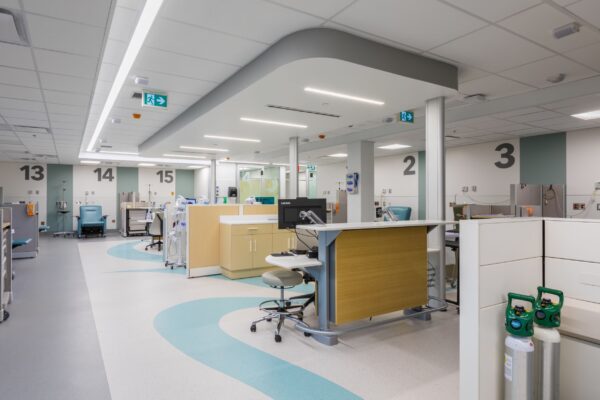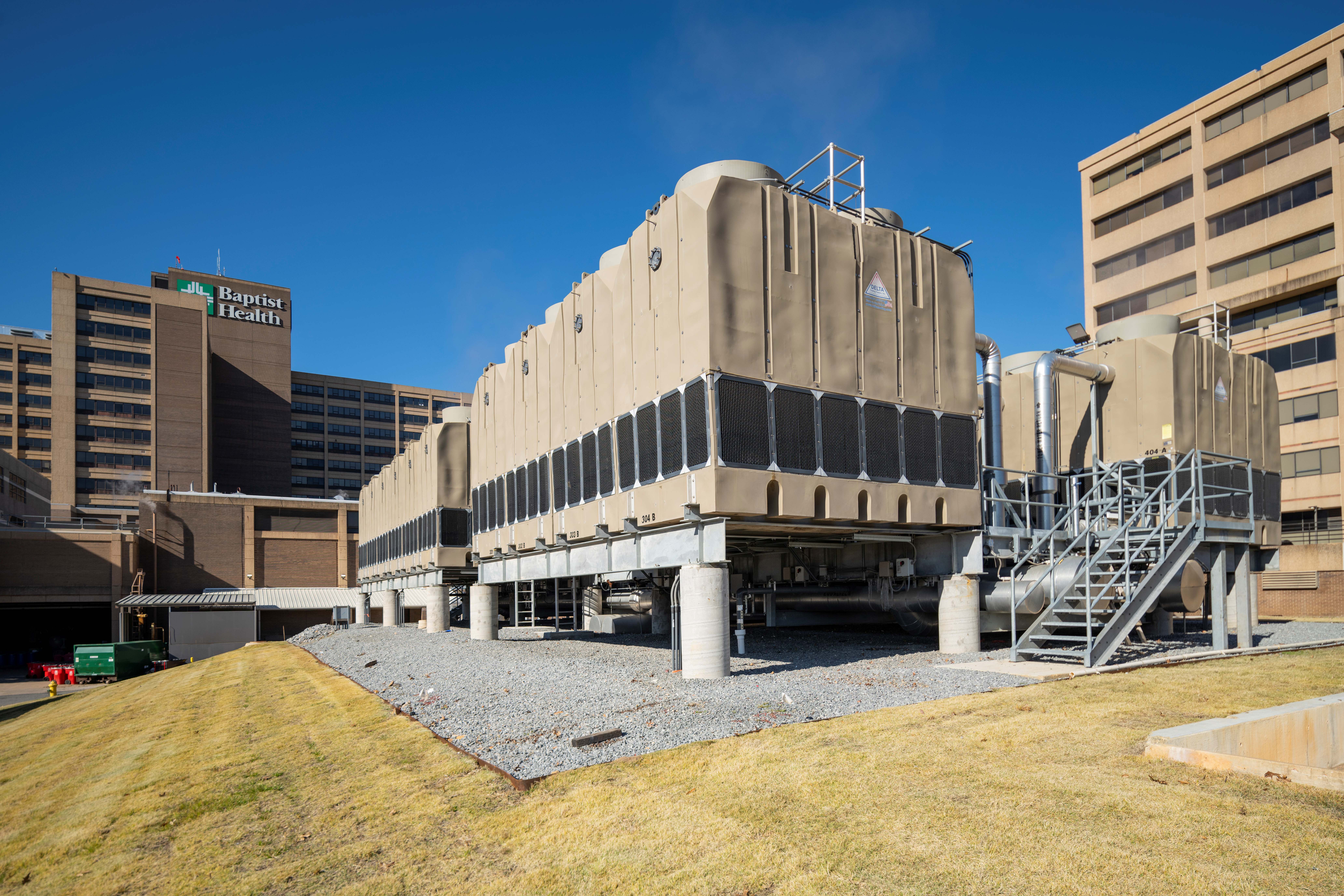
Through the Patient’s Eyes: One Architect’s Personal Lens on Designing for Dignity in Healthcare – Part II
McMillan Pazdan Smith worked hand in hand with Novant Health and the end users, including physicians, imaging technicians, nurses and patient experience advocates, to shape a healthcare space that feels intuitive and comfortable.










